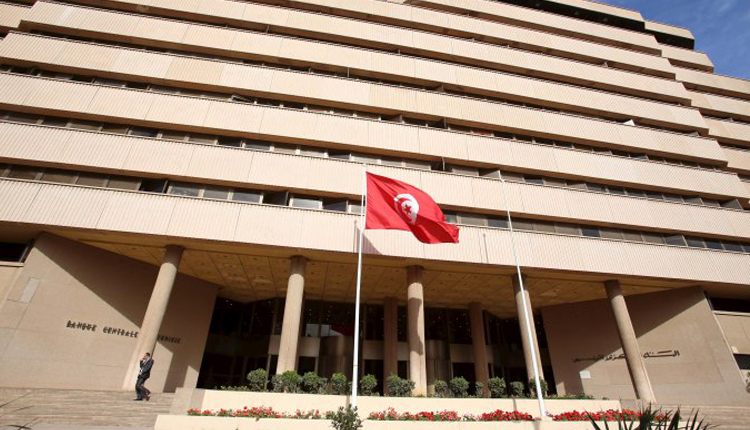The Central Bank of Tunisia maintained its key interest rate at 8 per cent, reflecting a cautious approach to balancing economic recovery with inflationary pressures.
According to the central bank’s executive broad statement, Tunisia’s economic growth showed signs of recovery, with year-on-year (YoY) growth reaching 1.8 per cent in the third quarter of 2024, compared to 1 per cent in the previous quarter and a contraction of 0.4 per cent a year earlier. Moreover, the central bank’s board highlighted the critical need for structural reforms to sustain this recovery and drive growth rates to levels that ensure economic stability.
Meanwhile, the current account deficit narrowed significantly, falling to 3,131 million Tunisian dinars (MTD), or 1.9 per cent of GDP, by October 2024, compared to 3,836 MTD, or 2.5 per cent of GDP, a year earlier. This improvement was primarily supported by strong tourism revenues and remittances from workers abroad, though the trade deficit remains under pressure from elevated energy costs.
Foreign exchange reserves (FX) remained stable at 24,805 MTD, equivalent to 112 days of imports, mirroring the levels recorded a year ago.
Inflation trends presented a mixed picture. The headline rate stayed steady at 6.7 per cent for the third consecutive month as of October 2024. However, core inflation—excluding fresh food and controlled prices—declined to 6.4 per cent, down from 6.7 per cent in the previous month and 8.9 per cent a year earlier. In contrast, inflation for fresh food surged to 13 per cent, creating potential risks to price stability.
Against this backdrop, the Central Bank of Tunisia reaffirmed its commitment to a cautious monetary policy to safeguard macroeconomic stability.
Attribution: Amwal Al Ghad English
Subediting: Y.Yasser


